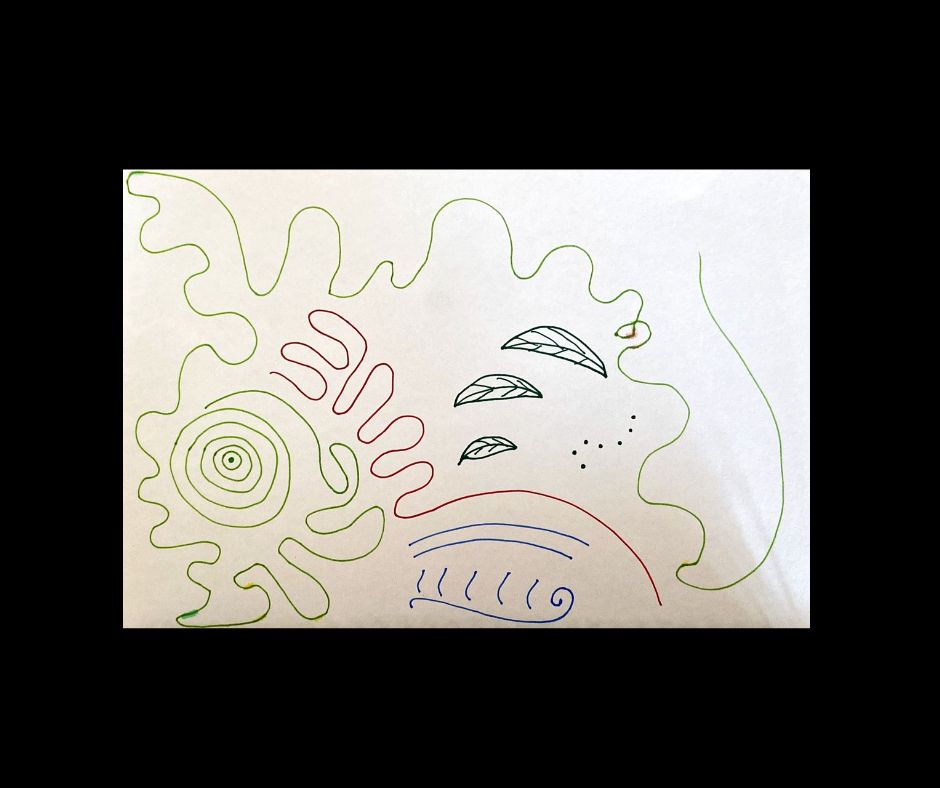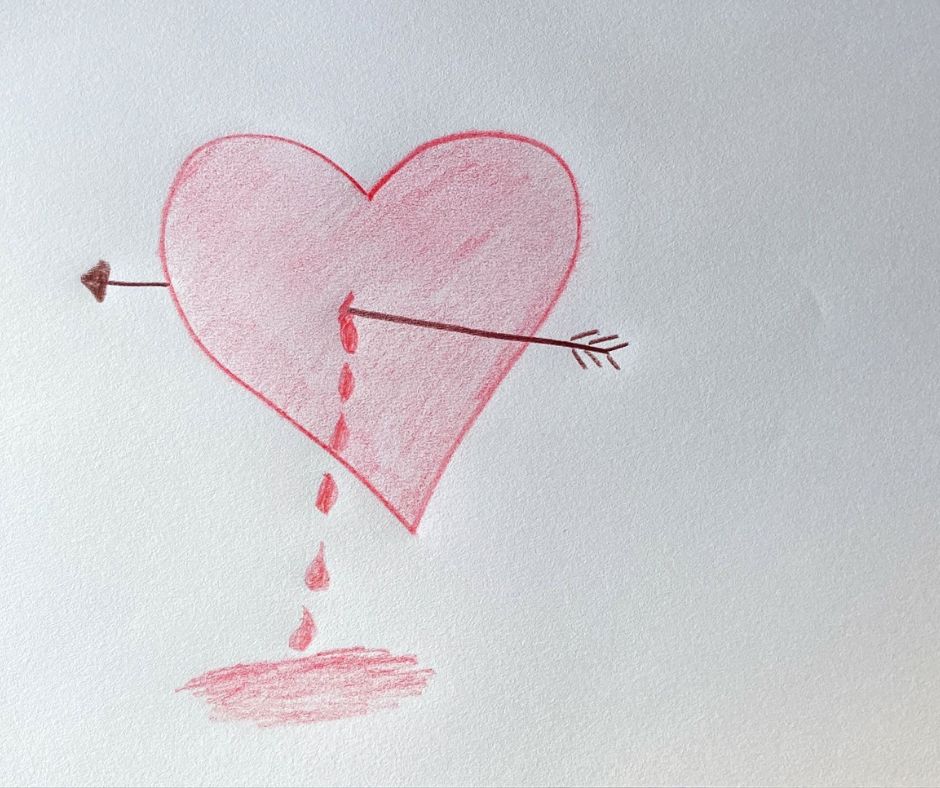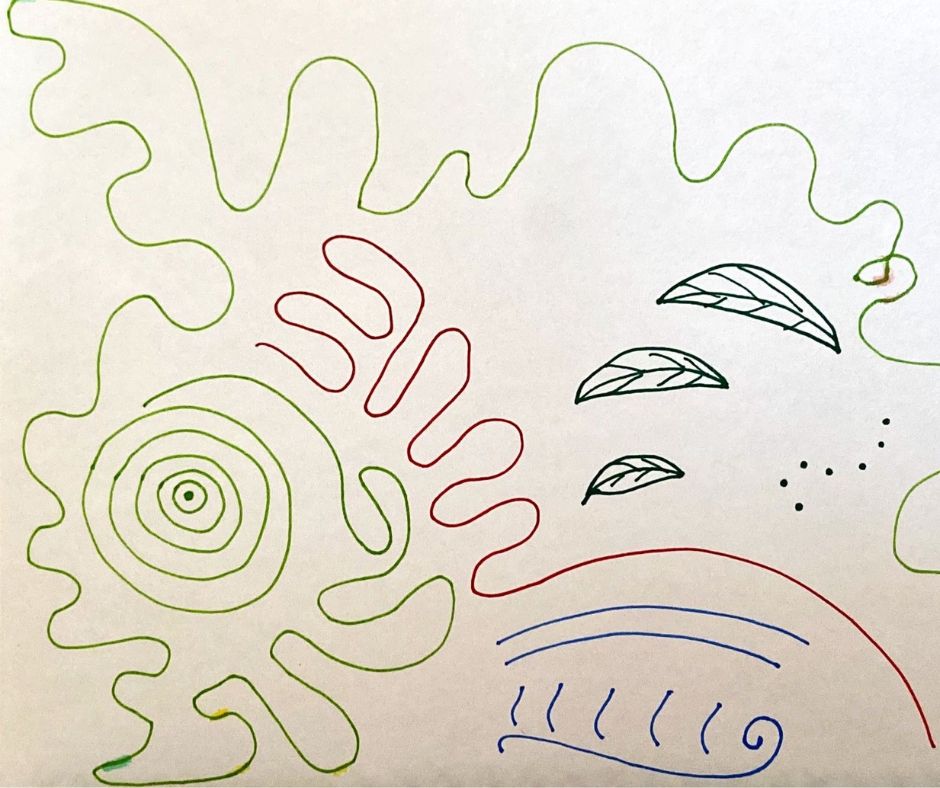
Everyone lives life with expectations about what life will be.
Eventually there is disappointment when life doesn’t turn out the way you want it to. The way you believe it should be.
In life there are two ways to deal with disappointment.
The first is to protest: I didn’t sign up for this!!!
Life has not turned out as you wanted it to. The trouble is you can get stuck in that protest place and feel miserable and never free yourself to grieve.
Or you can choose to grieve and transform the disappointment.
Some people have learned to transform. They take life as it comes and roll with the punches. They can manage with uncertainty. But for most of us, we have yet to learn this lesson and disappointment, coupled with surprise or shock, leads to grief at the loss of our expected life.
Learning to accept the uncertainty of life allows you to:
• See things as they really are. This allows you to understand life better.
• See opportunities you didn’t realise were there.
• Feel more at peace and comfortable as you switch your attention to what you have instead of what you want and don’t have.
Grief Is About Every Loss In Life
Grief is not just about losing someone you love. Anything in life that is lost, be it a limb, friendship, home, job, life expectation and so on is a loss that you grieve.
The fact that these losses are not recognised as things that are grieved for, makes it harder to grieve.
Examples of big losses in life that need to be grieved for are:
• Having a child born with severe disabilities that changes the expectations you had for the life of that child. You may love that child and determine to always support them, but you still grieve for the lost expectation.
• Future plans to retire and enjoy life changes when your partner becomes very ill and you have to be their full time carer.
• Losing a much loved and valued job.
Grieving Is A Skill
Grieving is a skill that you can learn. People who experience a lot of grief often learn the skills to allow them to process their grief faster.
Whatever the cause of your grief, remember that it is normal. The normal trajectory of grief is that over time the grief diminishes and becomes less. You also start to discover meaning in your life again.
How Long Does Grief Last And Is It Always This Intense?
To answer this question, I am going to ask some questions of you first.
What Was Your Relationship To What Or Who You Have Lost?
If your emotional needs were primarily met by the one you have lost then you are going to need to find someone to meet those needs.
Initially a counsellor can help with that. You can also join a grief support group. In the long term you need to find ways to get those emotional needs met.
How Supportive Is Your Social Network?
The strong supportive social network helps you meet your emotional needs and is there to support you when you need help.
Do You Have Meaningful Activities In Your Life That Are Not Affected By Your Loss?
Having activities in place that are meaningful for you will help you continue with your life.
Part of grieving involves finding new meaning in your life. Having some meaning already can help shorten that process. For some people, their loss changes their life priorities. If that is you, then you may find you need to seek new ways of finding meaning in life.
How Counsellors Help
The biggest way I help people is to allow them to talk to me without any judgement or “fixing” from me. Being able to express your feelings in a safe place allows you to process them better. You can contextualise your grief better with counselling. You can also organise your grief better so that it is more manageable.
So What Does This Have To Do With The Grief Of Lost Expectations?
One thing to consider when you grieve lost expectations is to identify where they came from.
Society is great at teaching you what you should expect from life.
From birth you are introduced to concepts of the ideal life. From the story books you have read to you, to the children’s television programs. These all teach you expectations of what life will be.
As you grow up you observe what people around you are doing. You learn to expect your life to be like that of others. Older people in your life teach you this too. Maybe they talk about what you will grow up to be. There are expectations that you will have a job when you grow up. Expectations that you will find a life partner. Expectations that you will have children. Expectations that you will live in some sort of home.
Advertisements, movies, television series, the conversations of those around us. All these give you a picture of the life you should expect to live.
So where in this perfect picture does a disabled child fit? Or a partner requiring your care? Or you becoming disabled and needing to be cared for? Or losing that wonderful job that means so much to you?
All these things are contrary to what you learned to expect in life. All lead to grief. All need to be grieved.
Life Wasn’t Meant To Be Easy
That may be some put down by a politician, or a platitude thrown at you by someone uncomfortable with your struggles. But the reality is that all life contains suffering. Some people may get a lot more than others, but all will experience some.
If you allow it to, suffering can teach you things.
You may find good people who help you when you didn’t expect that to happen.
You may discover strengths you didn’t realise you had.
You may learn to appreciate life more.
You may find a different way of living that suits you better.
Expectations Around Your Latter Years
For many people I see whose long-term relationships break down once they are over the age of 50 there is often a lot of grief around the future. When you have been in a relationship with someone long term there is that expectation of a future together.
As the Beatles suggested in “When I’m 64” there is the expectation of being in the relationship forever and growing old together. What happens to that? Will you grow old alone? What does that mean for your quality of life? Will you have no one to care for you? No one to notice if you fall? No one to be there should you die at home? What about money? How will you survive? Will you actually have a home to live in? Or will you end up homeless?
These are very real concerns. So Grief is complicated by fears for safety and companionship in the future.
The Value Of Problem Solving
A lot of these lost expectations revolve around what you imagine will give you happiness.
But what if happiness, true happiness, is found elsewhere?
Researchers have found that people who solve problems in their lives report greater happiness and sense of agency than those who don’t solve problems.
That may sound strange but it makes sense.
If you encounter a problem in life it can feel very disempowering. But if you work out how to resolve that problem then you feel good.
Working through your grief and learning how to solve the problems that grief has caused is empowering and builds happiness.
How To Engage Problem Solving
So you had a picture of what your future would be like.
What was that picture?
How has it changed?
What is missing from that picture now?
You have identified what is missing. Now you know what you have lost.
Was what you thought the future would be like realistic? After all, we all imagine amazing things, but they rarely happen. And we are usually fine with that because on some level we know they were unrealistic. Also that realisation usually unfolds slowly, not abruptly when something major happens.
Identifying the unrealistic expectations can help with being able to let go of them.
What you are left with are the expectations that were more realistic. Maybe they were long cherished dreams that are now shattered. These are the ones you need to grieve. Because you put in the work to identify these deep losses, it is actually more manageable to work through them. That doesn’t mean it will be easy, but it is now a more manageable size.
You may be able to work through these losses on your own or you may need help.
Can I Help?
If you would like to talk to me about how I can help you with your grieving your losses in life, please contact me on 0409396608 or nan@plentifullifecounselling.com.au
If you would like to learn more, I write a regular newsletter with helpful information, tips, information on courses, and the occasional freebie. At the moment I have a free mindfulness meditation for anyone who signs up to my newsletter. This meditation offers a way to safely explore your feelings and learn to be okay with them. If you would like to subscribe please click on the link here: http://eepurl.com/g8Jpiz




